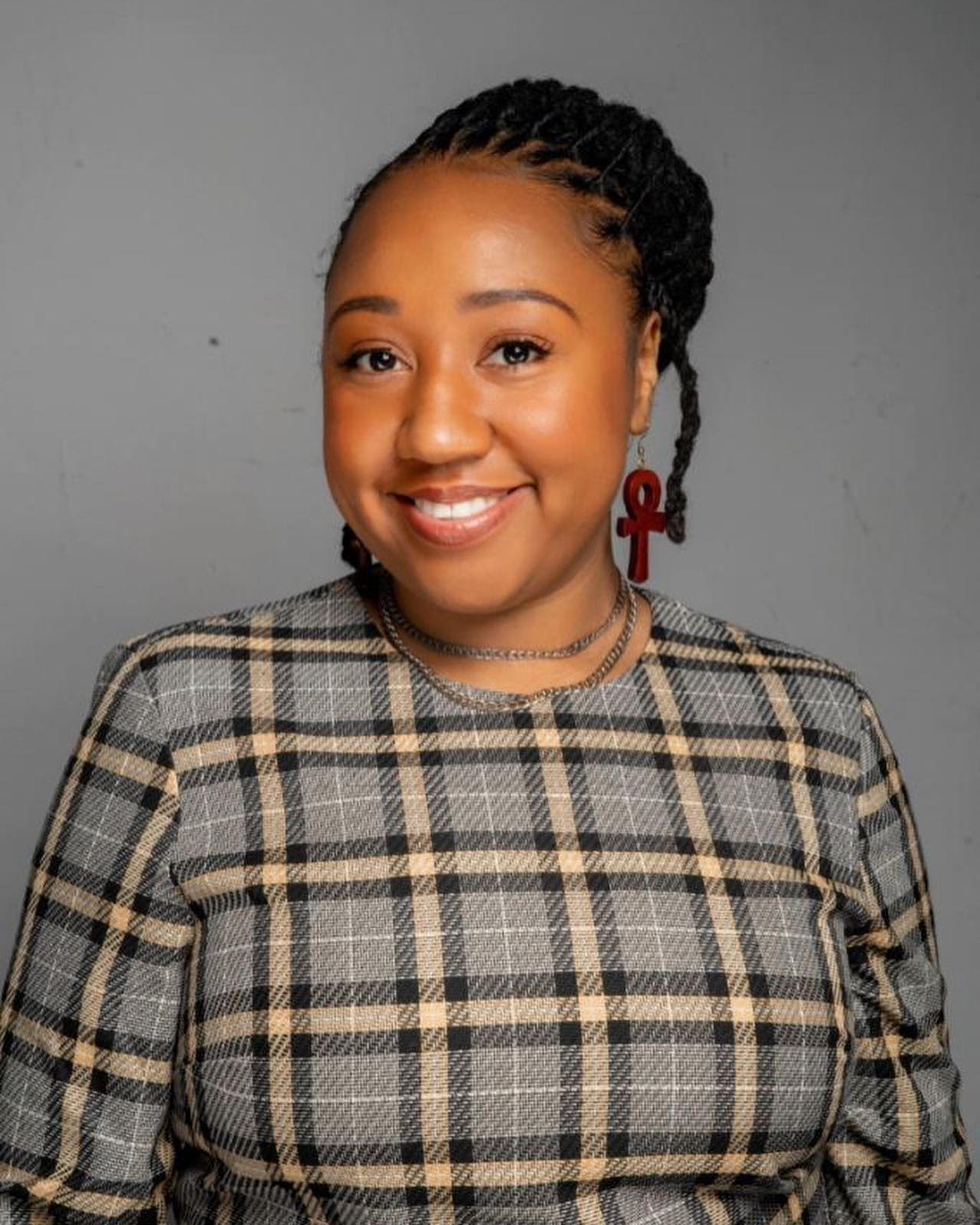Skill with Purpose: Teaching Black Children to Thrive, Not Just Survive
- Andrese Howard

- Nov 10
- 2 min read
Before we rush to measure what Black children can do, we must first ask what they are being prepared to become. Skill without purpose is compliance. Skill rooted in identity and community is liberation.
For generations, the education system has trained Black children to survive to memorize, to test, to conform. But survival is not the goal. Thriving is. Leading is. Transforming is. The purpose of skill is not to prove worth it’s to unlock power. As Dr. Gholdy Muhammad reminds us through the HILL model, “Skill” is more than standards and checklists. It is the ability to read, write, speak, create, and think critically with confidence and cultural grounding. Skill becomes freedom when it is taught through love, context, and purpose.
Skill with Intention
We teach skills not because they are tested, but because they empower. When children learn to write their truths, compute solutions to real-world problems, and articulate their thoughts with pride, we are shaping innovators, not just achievers.
Skill through Culture
Black children come to the classroom with linguistic, artistic, and intellectual skills inherited through their families and communities. When we honor those skills the rhythm of their language, the creativity in their storytelling, the brilliance in their problem-solving we are not adding to them; we are simply making room for what’s already there.
Skill through Experience
Authentic learning happens when children see the relevance of what they are learning. When we connect writing, reading, and thinking to community issues, family stories, and real-world challenges, skill becomes a tool for impact.
The goal is to equip children with both the academic and life skills to build, create, and lead. Because Black excellence is not born from test prep it’s born from opportunity, imagination, and belief.
So how do we teach skill with liberation in mind?
Teach the why before the what. Connect every skill to purpose and meaning.
Let students apply skills to real-world problems that matter to them.
Affirm the skills that already exist in their homes and communities.
Replace drill with dialogue. Replace compliance with creativity.
Skill is not about “fixing deficits.” It’s about sharpening brilliance. And when skill meets identity, intellect, criticality, and joy the result is freedom.



Comments